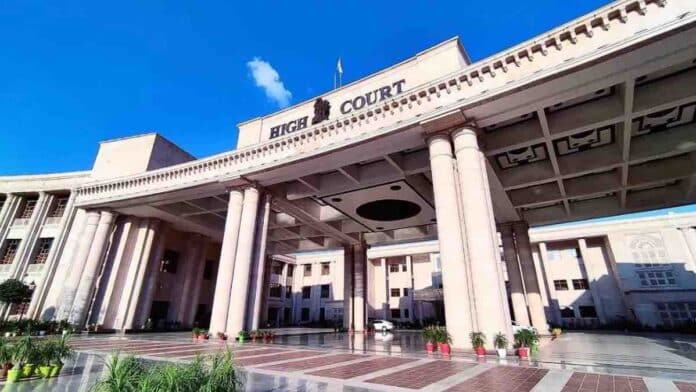The Full Bench of the Allahabad High Court, Lucknow, delivered a landmark judgment on January 22, 2025, addressing procedural and substantive legal questions surrounding criminal appeals. This judgment arose out of a reference made by a Division Bench concerning divergent views of coordinate benches on the powers of subordinate magistrates and procedures for bail in
To Read More Please Subscribe to VIP Membership for Unlimited Access to All the Articles, Download Available Copies of Judgments/Order, Acess to Central/State Bare Acts, Advertisement Free Content, Access to More than 4000 Legal Drafts( Readymade Editable Formats of Suits, Petitions, Writs, Legal Notices, Divorce Petitions, 138 Notices, Bail Applications etc.) in Hindi and English.




